Englands local authorities will limit the overall recycling rate to no more than 60%, if all of the EfW capacity that councils have committed to under long term agreements comes online, resource consultancy Eunomia has claimed.
This is among the key findings of Eunomias annual Residual Waste Infrastructure Review, published yesterday (November 28), which assesses the capacity of waste treatment facilities operating and planned for the UK.

According to the report, this assumption is based on the estimates that the 2 million tonnes per year of treatment capacity commissioned by local authorities which is currently at the preferred bidder stage, reaches financial close.
Eunomia also claims that this favours comparatively poorly for local authorities in England against their neighbours in Scotland and Wales, who could potentially reach an 82% and 79% recycling rate respectively based on current capacity estimates for the two devolved nations.
Data contained within the report states that English local authorities have committed to projects that would add around 3 million tonnes per year of contracted capacity, adding to the existing 8.3 million tonnes per year of contracted local authority capacity which is operational.
And, according to Eunomia, assuming a projected 0.5% per year growth in local authority collected waste comes to fruition, this would limit future additional recycling or composting to the remaining 4.6 million tonnes of residual waste. Eunomia claims that this could only lead to a potential further growth in recycling of 17.6% to add to the existing 42.4% achieved in 2012-13.
Capacity
The consultancy also claims that whilst Scotland and Wales have previously received criticism for not moving forward sufficiently quickly with new residual treatment capacity, this may work in their favour as they will have more potential to increase recycling in future.
Story continues below…
Future waste arisings v planned treatment capacity
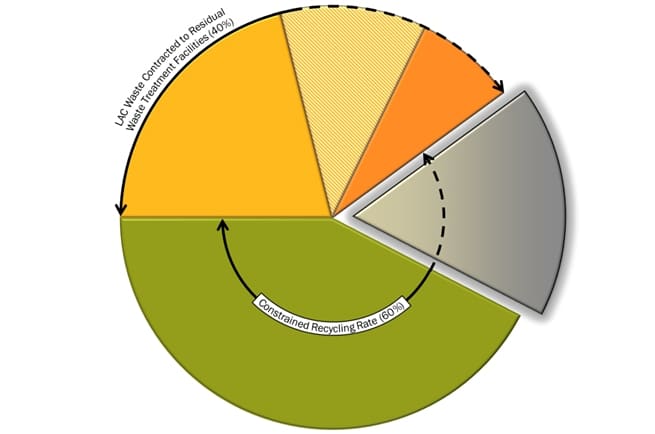
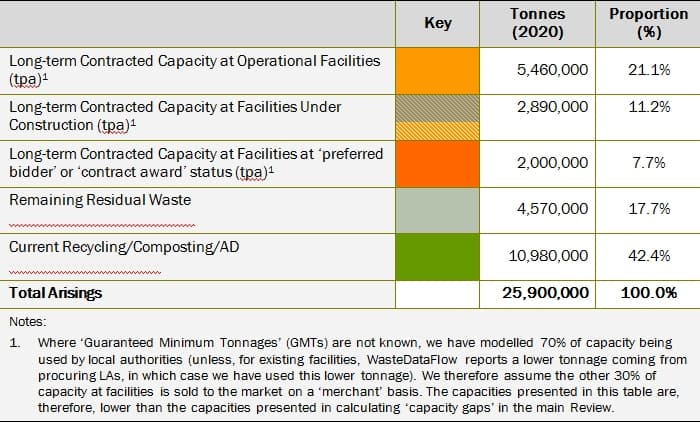
Adam Baddeley, the reports lead author, said: Its worrying that we are already in danger of limiting how far we can go with recycling in England. If we genuinely aspire to develop a circular economy, then we must shift the focus of investment away from residual waste towards options further up the hierarchy.
The residual waste plants we have built, and are building, will be with us for many years to come. Rather than making production and consumption sustainable, we are putting in place infrastructure than needs existing consumption patterns to continue in order to sustain it.
Debate has raged over the potential treatment capacity for residual waste after Defra opted to withdraw PFI funding for a number of planned waste infrastructure projects, stating that sufficient capacity now existed to meet 2020 landfill diversion targets (see letsrecycle.com story).
Funding
Council officers, through the Association of Directors of Environment, Economy, Planning & Transport (ADEPT) spoke out against the funding withdrawal, arguing that waste arisings are more likely to increase ahead of the 2020 target.
Related Links
Eunomias report is based on local authorities annual WasteDataFlow returns to Defra, and Eunomias Facilities Database, which holds information on all residual treatment facilities in the UK (both operating and under development) to model the balance between the two. Data was analysed on both a national and regional basis, to provide a detailed picture of where insufficient or excess capacity is anticipated.




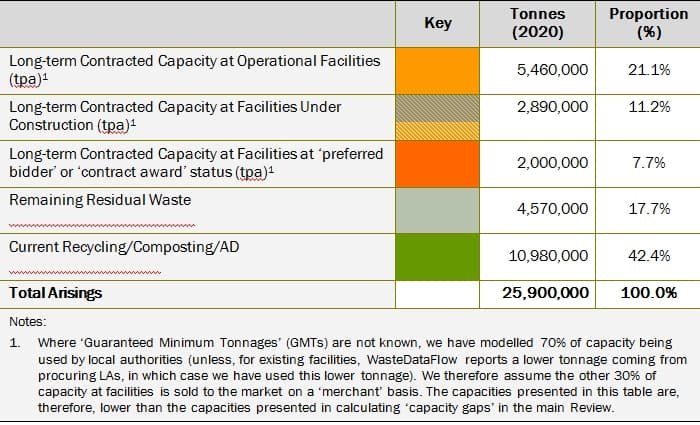

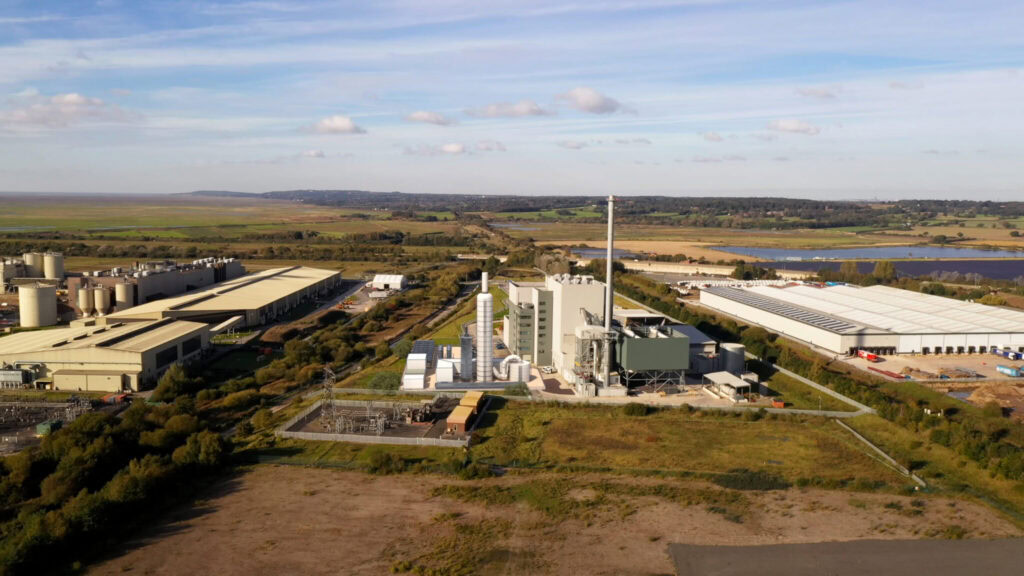

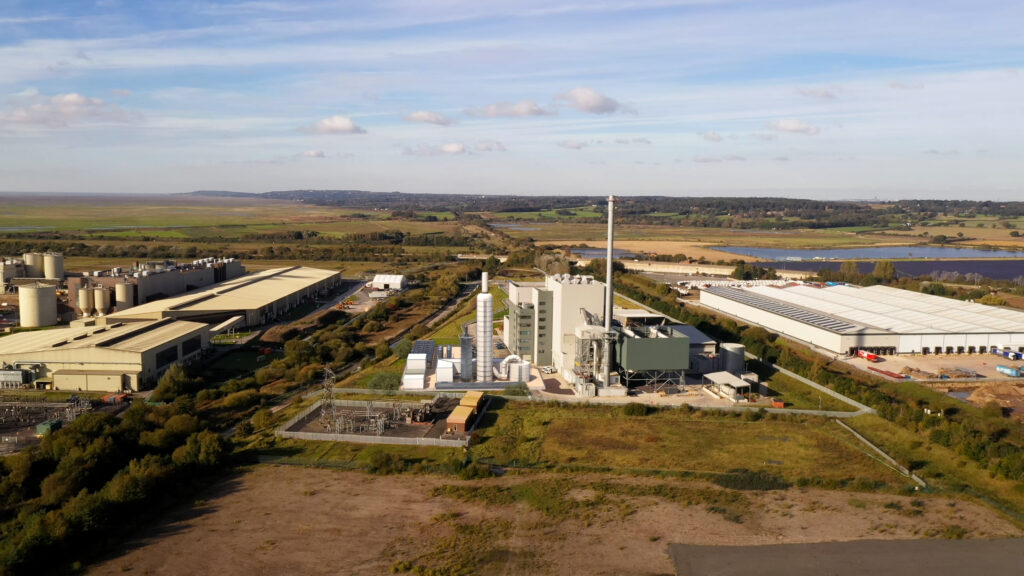

Subscribe for free